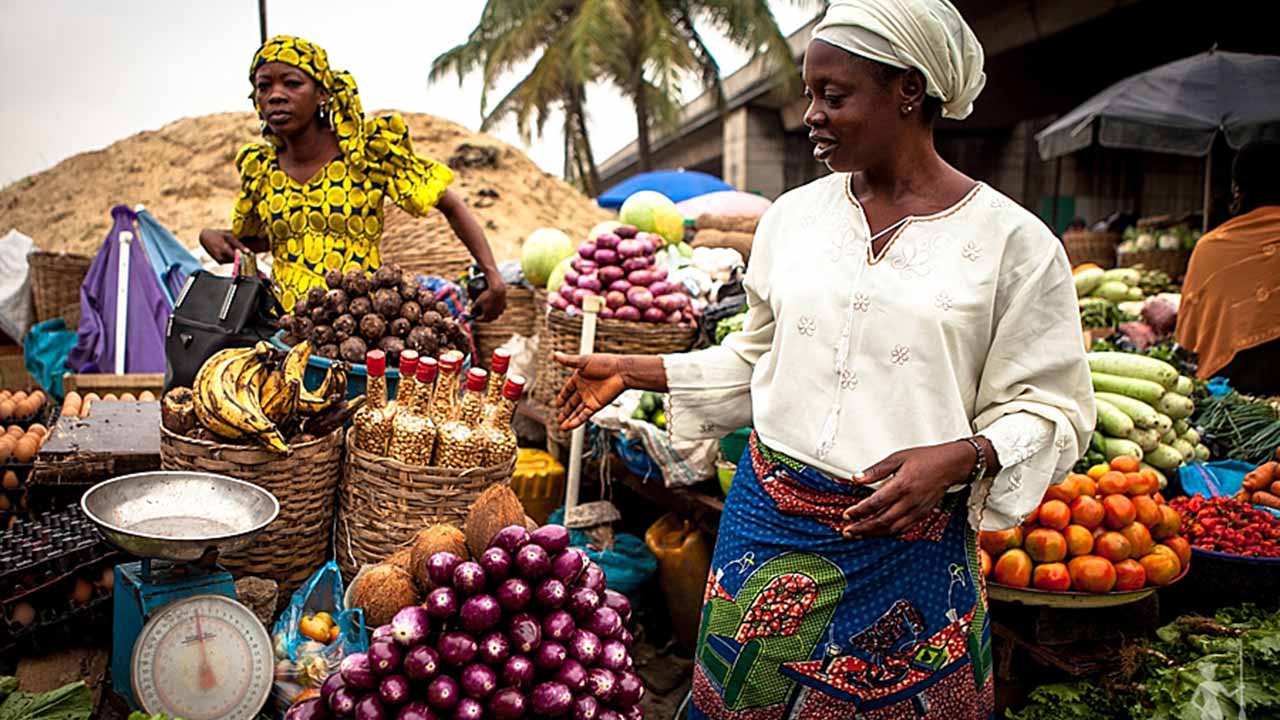A recent report by Cadre Harmonise has revealed that approximately 31.5 million Nigerians are at risk of food insecurity between June and August 2024.
This situation is exacerbated by the removal of fuel subsidies, which leads to macroeconomic challenges such as inflation in agricultural inputs and transportation costs.
According to the report, an estimated 14,000 internally displaced persons (IDPs) and about 24.7 million people across 26 states and the Federal Capital Territory (FCT) are facing the threat of hunger between March and May 2024. The number of individuals in IDP camps is estimated to be over 83,000.
Specifically, the report forecasts that 1.5 million people in Yobe State will experience a food crisis or worse conditions between June and August. Food consumption is currently under stress in several states and at crisis levels in some local government areas (LGAs) in Adamawa, Borno, Katsina, Yobe, and Zamfara States.
The report highlights the deteriorating food consumption situation among populations in inaccessible areas and IDP camps in Adamawa, Borno, Sokoto, and Zamfara States. It predicts that more households will face a crisis-level food consumption situation during the projected period from June to August 2024.
Insecurity, fuel scarcity, currency devaluation, increasing inflation, and Consumer Price Index (CPI) rates are identified as primary factors contributing to the food crisis. Poor macroeconomic conditions limit access to agricultural inputs, while high transportation costs, inflation, and volatile exchange rates negatively affect household incomes.
The report warns that poor microeconomic conditions and conflicts will further restrict access to livelihood opportunities during the projected period.
In a previous report last year, Cadre Harmonise estimated that around 26.5 million people in Nigeria were at risk of food crisis and hunger in 2024 due to expected food inflation and insecurity. The food inflation rate soared to 35.4% in January, and it is projected to rise further, driven by increased production costs and insecurity.
The federal government has considered establishing state police to improve the security architecture, particularly in the fragile northeast region, to address the underlying causes of food insecurity and conflict in the country.











